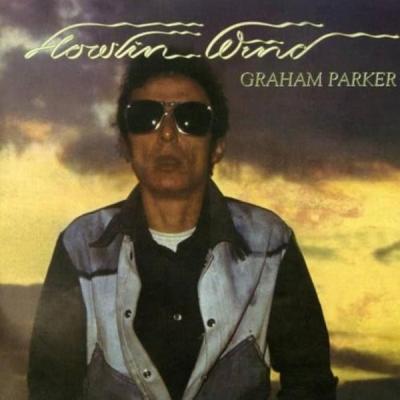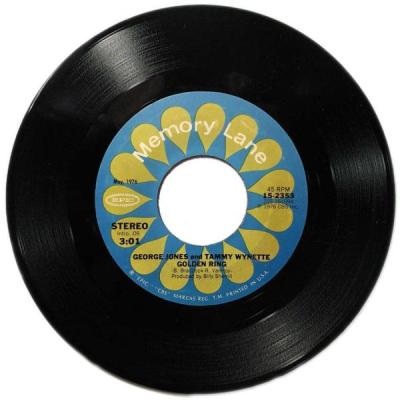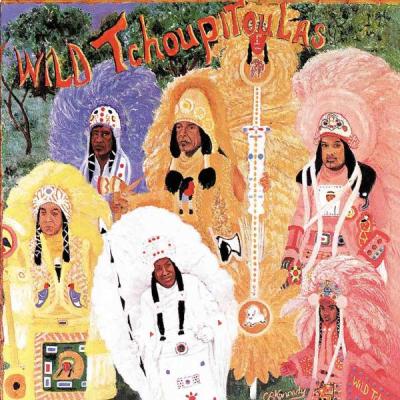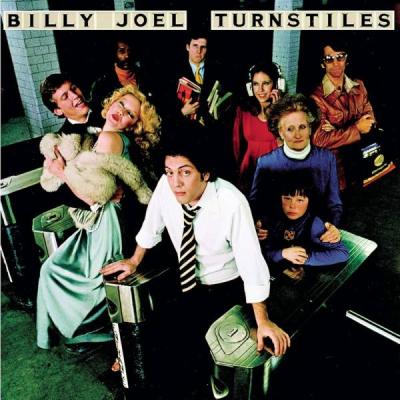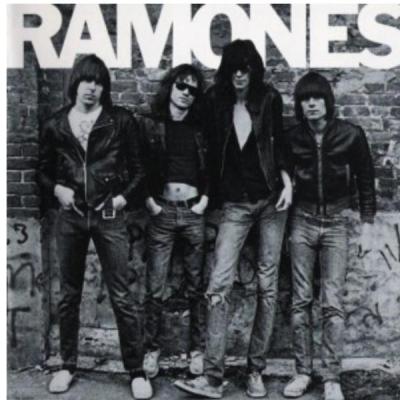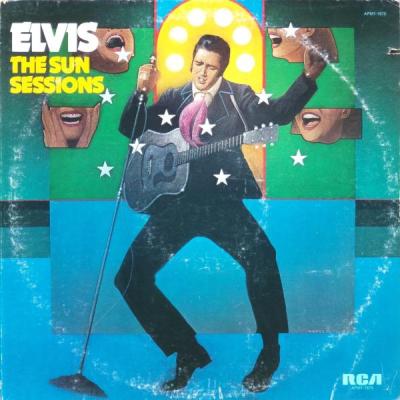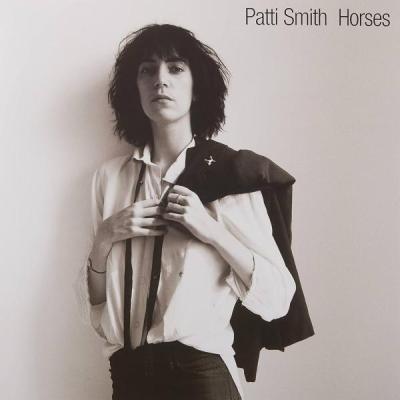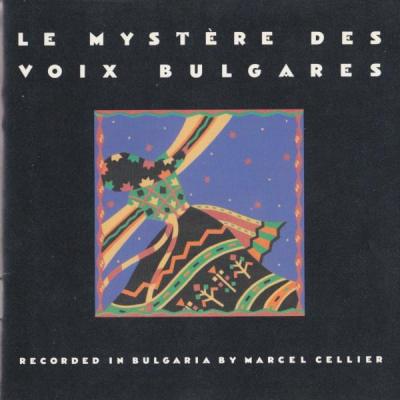


Tim Hardin: Tim Hardin 1
Album #63 - July 1966
Episode date - October 26, 2016
For most of my life, Tim Hardin was little more than a name. I knew very little about him or his music, only that he was a Greenwich Village musician who always existed on the periphery of the folk music scene without ever catching the limelight.
I knew his music exclusively from others who covered his best-known songs (Bobby Darin with “If I Were a Carpenter”, Rod Stewart with “Reason to Believe”), but never felt led to pursue him any further. It was my loss. For a long while, I harbored a prejudice against the pre-rock and roll folk movement, because it struck me as too precious, too strident, too self-righteous, or some combination of all these things. I still hear that in some material from the pre-‘64 era, but my prejudice closed my mind to genuinely talented songwriters like Fred Neil, Dave Van Ronk and most significantly, Tim Hardin. It was like I put up blinders that prevented me from acknowledging one of the most important musical movements of the 20th century, so when I finally allowed myself to think openly, I had some catching up to do.
It wasn’t until I was in my fifties (yes, I know, and I am ashamed to admit it) that I grew genuinely curious enough to spare thirty minutes of my life to listen to Hardin’s debut release, “Tim Hardin 1”, and the experience was disarming. The album is so understated that I almost let it slip by even with my full attention. The opener seemed nice enough, but a few blues-styled tracks cropped up early in the tracklist that struck me as generic (“Smugglin’ Man”, “How Long”) and allowed me to grow distracted enough to think that maybe I was right all along. I stuck with it, though, and found the album not only growing on me, but enveloping me. “Reason To Believe” is an undeniably gorgeous piece of work, but listening to Hardin deliver his own words in that gentle, vulnerable way gave me chills. Other songs, like “Never Too Far” and “While You’re On Your Way,” sounded almost as familiar, and in all likelihood probably were, as they’d existed for decades without my acknowledgment. How could I have ignored something as beautiful as this?
Reading up on the album, I discovered that Hardin himself had reservations about this record. Some of the blues numbers were demos that he did not intend for release, and he took exception to the strings that were laden over some of the more sensitive tracks. While I agree that the blues numbers are not of the same caliber as his more introspective material, they at least provide pacing and with all due respect, I completely disagree with his assessment of the strings. Hardin probably didn’t like them because he rehearsed and recorded the songs without them, and certainly didn’t want a producer to take license with his debut album, but the strings here are a model of sensitive restraint. When the album ended, I needed to play it again, and then again, until I found myself listening all day, loving a record that I deliberately neglected for decades. Prejudice is an ugly thing. It prevents you from seeing plain truths and allows you to hold uninformed opinions. I’m quite grateful that I finally let go of my own.
July 1966 – Billboard: Did Not Chart
Related Shows
- 1 of 20
- ››



